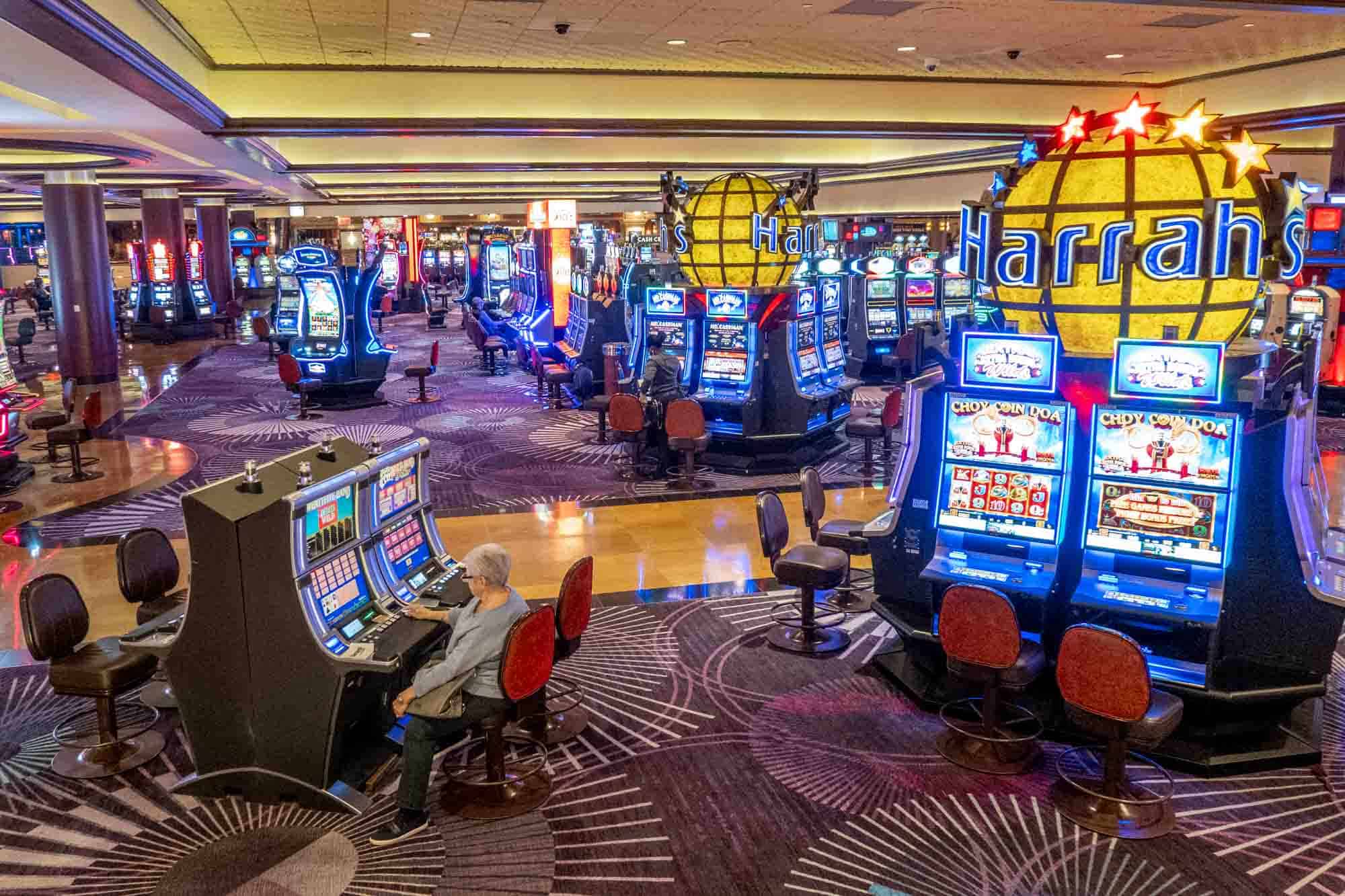Casino gaming has long been a topic of fascination and debate, drawing in millions of players globally. With a mix of luck, skill, and the excitement of uncertainty, casino games offer an exhilarating escape from everyday life. However, as entertainment becomes ever more accessible, it invites a deeper examination of the morality surrounding these games.
At the heart of the debate lies the issue of whether casinos promote safe gambling or exploit at-risk individuals. The appeal of potential winnings versus the reality of losses can create a challenging situation, and understanding this balance is essential for both players and operators. As we delve into the ethics of casino gaming, we will explore the duties of casinos, the effects on society, and the steps that can be taken to foster a better gaming environment.
The Impact of Casino Gaming on Society
Casino gaming has a significant influence on the community, affecting not only the financial landscape but also social behaviors and local frameworks. The revenue generated from casinos can lead to job creation and boost regional economies, as they provide various employment opportunities in different sectors including hospitality, entertainment, and retail. sv88 However, while the financial benefits can be significant, communities often grapple with the potential negative impacts that arise from higher gambling activity.
Moreover, the presence of casinos can lead to an increase in gambling addiction, presenting significant challenges for players and families. The excitement of casino games can quickly evolve into a compulsive habit, affecting personal relationships and leading to financial instability. Many players may find it difficult with the loss of control over their gambling habits, resulting in a need for community support services and interventions to address this increasing issue. The social cost of addiction can extend through families and neighborhoods, creating an urgent need for sensible gambling approaches.
In addition to the economic and social ramifications, casino gaming often showcases cultural attitudes towards uncertainty and leisure. It can foster a sense of excitement and leisure, attracting visitors and boosting tourism. However, this allure may also conceal the broader implications of gambling as a method of entertainment, provoking ethical questions about its promotion and accessibility. As communities weigh the benefits and drawbacks of casino gaming, the need for responsible practices and regulation becomes increasingly critical in ensuring that the positive aspects are enhanced while minimizing the potential harms.
Ethical Concerns in Betting Practices
The morality of casino operations often revolve around the risk for addiction and its consequences on individuals and households. Gambling can lead to significant financial distress, impacting not only the betters but also their loved ones. As individuals become caught in the allure of winning, many lose sight of their budget, which can result in devastating outcomes such as insolvency. This poses ethical questions about the responsibility of gambling establishments in fostering responsible gaming habits and offering support for those who may be dealing with betting addiction.

Another critical concern is the promotion of betting to vulnerable groups. Casinos often aim at low-income individuals or neighborhoods with the offer of fast gains, which can continue cycles of financial struggle and despair. In this situation, the morality of marketing strategies used by gambling establishments come under scrutiny, as they may take advantage of the desperation of people seeking an way out from economic troubles. This exploitation raises moral questions about the integrity of the gambling industry and its obligation to protect its most at-risk customers.
Additionally, the impact of casino operations on the community as a whole cannot be overlooked. While some argue that casinos create employment and stimulate local economies, others point to the community costs associated with problem betting, increased crime rates, and a strain on public services. Balancing financial advantages with the potential for community issues presents a complex ethical dilemma for policymakers and gambling operators alike. The difficulty lies in finding a responsible approach that takes into account the welfare of people and communities while still allowing for the enjoyment of gambling activities.
Regulatory System and Duties
The oversight framework related to casino games is designed to ensure fairness, integrity, and player protection. Various government bodies and gaming commissions create and implement regulations that dictate how gaming operations function, the standards for activity design, and the processes for handling rewards. These regulations change by region but typically involve licensing requirements for operators and rigorous measures to stop cheating and fraud.
In furthermore to oversight bodies, gaming establishments bear major responsibility in maintaining moral standards within their establishments. They must adopt ethical gaming practices that support participant safety and consciousness, including offering self-limitation options and sharing information about the dangers related to gaming. Establishments are also accountable for instructing employees to recognize signs of compulsive gambling and understand the proper steps to help patrons in trouble.
Additionally, transparency in casino operations is vital for building and preserving public faith. Gaming establishments should provide clear details about the probabilities of operations, advertising opportunities, and any associated risks. By promoting an atmosphere of integrity and trust, gambling establishments can help reduce the potential negative impact of gambling while improving the overall betting experience for all participants.